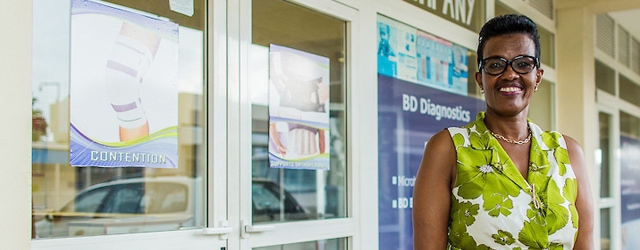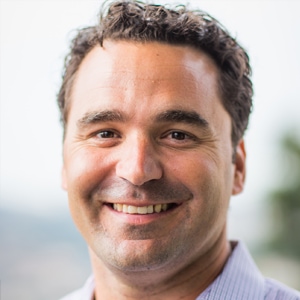New approach to funding fills gaps for African entrepreneurs with strong networks and solid track records

Financing is always difficult for small and midsize enterprises (SMEs), especially in high-risk jurisdictions such as Rwanda, and numerous entities from traditional banks to microlending NGOs have devised approaches to mitigate the problem.
Three years ago, entrepreneurs Craig Allen, Chris Hale and Catherine Nomura founded Kountable to help entrepreneurs surmount trade finance barriers. One innovation is in the way the San Francisco-based startup uses technology to evaluate entrepreneurs based on their social media profiles. Kountable also relies on mobile tech to track and service its three-way deals; one could call it a “techfin”—less a financial technology company than a technological finance company.
Since early 2014 when it started funding trades in earnest, the company has facilitated about $10 million in business so far. One such deal involved the supply of 24 neonatal intensive care units to Rwandan hospitals. The deal required $350,000 and banks were demanding over 100% collateral outside the trade while “alternative’’ lenders were charging in excess of 130%. But working with Kountable reduced the funding fees to the equivalent of 3% per month, according to Hale, who serves as CEO.

Venantie Mukarivuze, a longtime hospital nurse before founding medical supplier Biopharmacia in 2010, is one of Kountable’s success stories. Her case illustrates both the problems of trade finance for small firms and how Kountable’s approach mitigates them. Although Mukarivuze had more than a decade of industry experience and strong corporate partnerships, when Biopharmacia won a major contract to supply medical equipment to the Rwandan military, she could not get the financing to bridge the gap between purchasing the equipment and receiving payment.
She applied to Kountable online, giving details of the deal and her social media data. Because her business was well established and her profile showed strong networks throughout the global healthcare sector, Kountable’s scoring system deemed her an acceptable risk. What the company does, at this point, is buy the materials on behalf of the entrepreneur, who is responsible for managing the deal-making sure equipment is delivered on time, and so on. The buyer pays Kountable, which takes its cut and then pays the entrepreneur.
Hale notes that the app allows his company to perform due diligence and underwrite transactions in the fraction of the time it takes a bank, and the structure of its deals, such as holding the goods as collateral, mitigates its risk, lowering costs for the client. It worked well enough for Mukarivuze to bring her back to Kountable for two more deals.
Kountable started by building its model around the needs of small enterprises it encountered in Rwanda, the East African country where ethnic violence left 800,000 people dead in 1994, Hale says. “In seeing the number of failed contracts and deals forgone because of a lack of access to funding,” Hale explains, “we realized that what was needed was efficient access to trade finance in a world where lending was the only available—though highly imperfect— option on offer.” The company plans to expand its services, including within the US.



